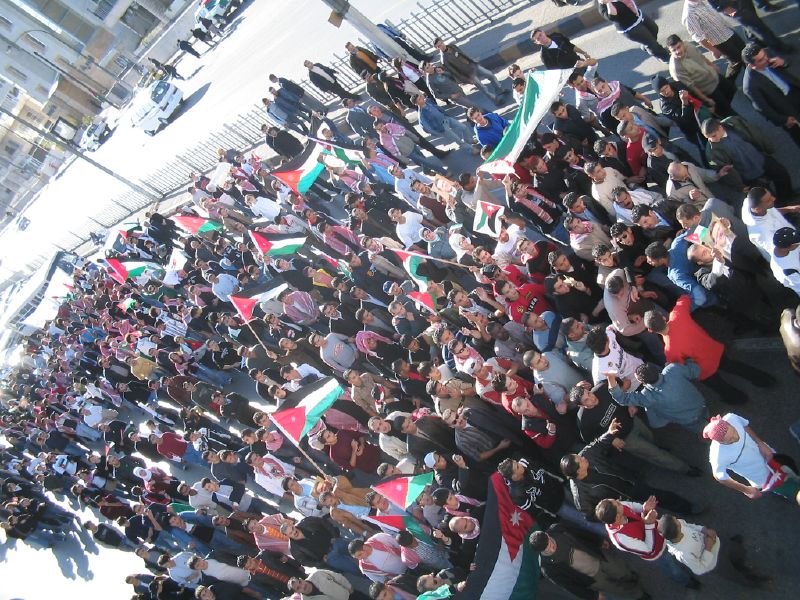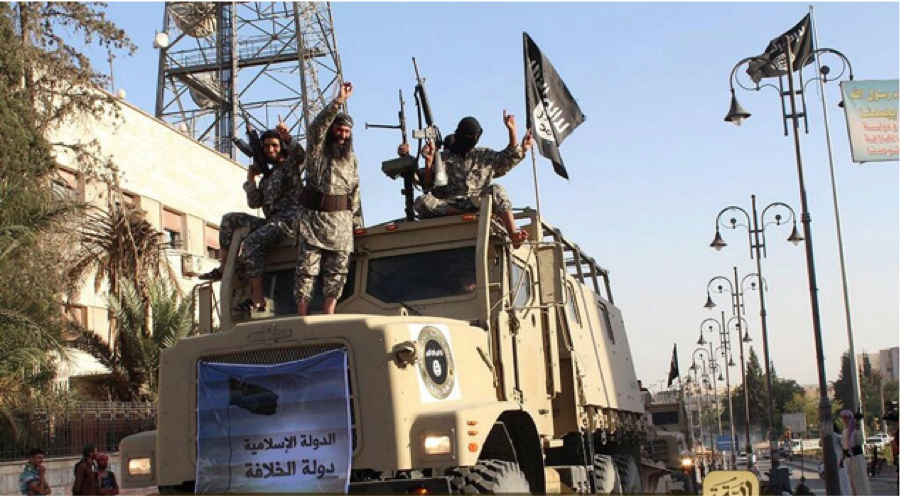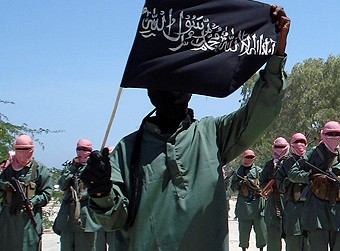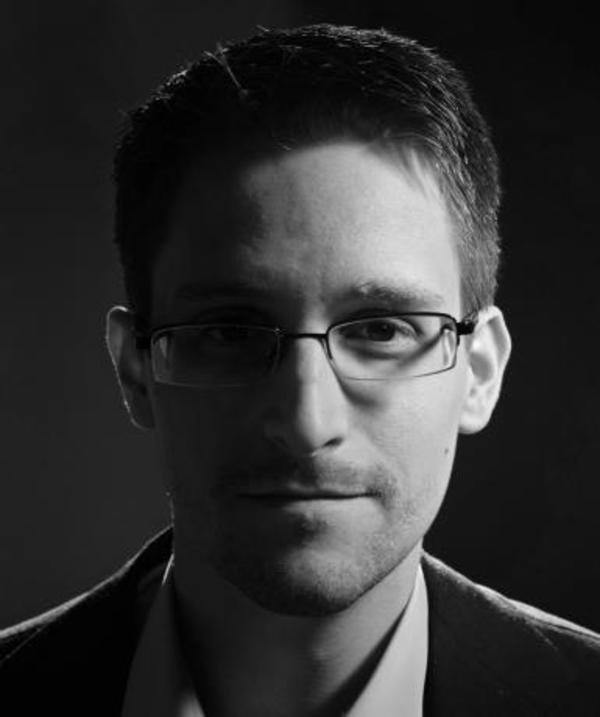Section I of this series examined the Jordanian reaction to Lt. Moath Kasasbeh’s execution and concepts of legitimizing military operations through public sentiment in times of crisis.
Military action, however, is not a clear-cut path to annihilating this extremist threat. Contesting ISIS’s influence must not be restricted to sheer military power, and should include ideological and socio-economic reform, both externally and internally, to combat the circumstances in which radical groups typically thrive. At the end of the day, ISIS’s appeal gained ground within a cauldron of violence, marginalization, poverty and repression following the American invasion of Iraq.
Conducting airstrikes, alone, is not an effective strategy to combat ISIS’s military capabilities. While characterized as a terrorist organization, ISIS operates like a government, and its fighters function like an army. This military mutation from similar terrorist organizations (Al Qaeda, Boko Haram, etc.) must be countered through a comprehensive military strategy. Airstrikes have proven effective when coupled with strategic ground offense, as has been the case with Kurdish Peshmerga fighters who have made real progress in hindering and offsetting ISIS territorial gains. With this in mind, a potential combat strategy should include several fronts for ground operations: most logically Iraqi, Kurdish and Jordanian. With the support of coalition strategists, military trainers, intelligence services and tactical airstrikes, the fight against ISIS could begin picking up speed.
In addition to degrading ISIS’s military capacity, an ideological revolution must be encouraged. Perhaps the recent release of Abu Muhammad Al Maqdisi, a Jihadi Cleric, from Jordanian prison is part of a broader strategy to moderate Islamic elements within Jordan’s society. Immediately after his release, Al Maqdisi made an appearance on Jordan’s Roya TV, unequivocally denouncing ISIS as barbaric and stating that Jordan’s Jihadi and Salafist  circles are innocent of the atrocities committed under the guise of Islamic law. This could prove to be an effective strategy, but Jordanian security services would be wise to maintain their vigilance regarding these groups, as some have publically stated support for ISIS in the past few years. Journalist Khalid Diab presents the risk aptly when he states that ‘all it requires is a small band of dedicated sympathisers to wreak havoc’.
circles are innocent of the atrocities committed under the guise of Islamic law. This could prove to be an effective strategy, but Jordanian security services would be wise to maintain their vigilance regarding these groups, as some have publically stated support for ISIS in the past few years. Journalist Khalid Diab presents the risk aptly when he states that ‘all it requires is a small band of dedicated sympathisers to wreak havoc’.
Reforming Islamist circles within Jordan, in a top-down fashion, could empower moderate Islam within active Islamic groups. The ideological war, however, neither begins nor ends there. In an illuminating article on a Jordanian news site, 7iber.com, Dalal Salameh discusses the lethal flaws within Jordan’s education curricula, specifically Islamic Theology and Social Studies. Salameh points out that, despite official condemnation of ISIS’s crimes, Jordan’s government-approved curricula for these subjects do not convey the Kingdom’s official version of ‘True Islam’. Cementing this claim, Salameh sheds light on pages from Jordanian high school Islamic Theology books, which reinforce the legitimacy of archaic interpretations on certain practices.
For example, slavery is not deemed to counter Islamic values in these school books, but emphasis is placed on treating slaves well and leaving the door open for emancipation under several circumstances. Other illustrations of her point reference adultery and apostasy, where these books explicitly state that the proper Islamic response for each is flagellation or stoning, and execution, respectively. The problem with these teachings, says Salameh, is not that they are being taught. After all, a course on Islamic history which excludes such practices would be inaccurate. The real issue, she says, is that they are being taught in a contemporary context: not as a historical fact, but as a modern concept.
To battle ISIS’s extremist ideology, Jordan (and others) must support a modern, tolerant interpretation of Islamic law; specifically one that does not oppose civil and human rights. Degrading ISIS recruitment, argues Khalid Diab, requires an approach which demonstrates that ‘[ISIS’s] ideology and its self-styled “caliphate” are ahistorical and run contrary to the spirit that…made Islam…enlightened.’ In addition, he contends that there is no better time for Arab societies to advocate ‘freedom of belief’ so as to ‘inoculate themselves against religious radicalisation.’ Essentially, Diab is suggesting that Arab countries separate state and religion in terms of historical, religious, judicial and political discourse. Furthermore, Diab attributes much of the conditions which foster extremism to a ‘democratic deficit’ within the Middle Eastern region. He indicates that ‘the socioeconomic inequalities, the impunity of the elites, their serving of foreign powers more than their own citizenry and widespread corruption’ are all major factors in attracting disillusioned elements of society to the ranks of extremist organizations.
To effectively contest ISIS’s growth and power, all aspects of this war must be fought. It is becoming clearer by the day that ISIS is not a regular terrorist organization. It is a systematic, compartmentalized, intelligent, self-aware and unprecedentedly savage group that certainly possesses the minimum requirements of a state. It provides state services to hundreds of thousands of civilians living under its authority through civil institutions and government structures, and spreads fear through continuously escalating acts of barbaric violence such as crucifixions, beheadings, immolation and throwing homosexuals off the roofs of their tallest buildings. All the while, it draws the marginalized and the disillusioned through a seemingly idealistic narrative of a society reminiscent of the golden age of Islam. This narrative, however, distorts the tolerance and open-mindedness that was characteristic of the Islam preached by Prophet Muhammad. The truth is, Diab states, that ‘there was so much freedom of thought and expression in the early centuries of Islam that it would put much of the current Muslim world to shame.’




